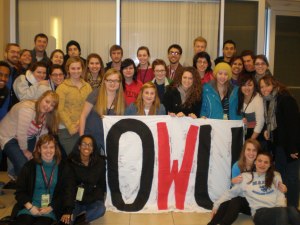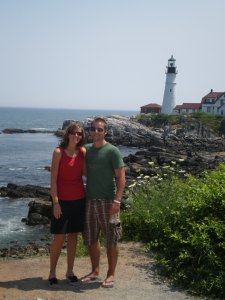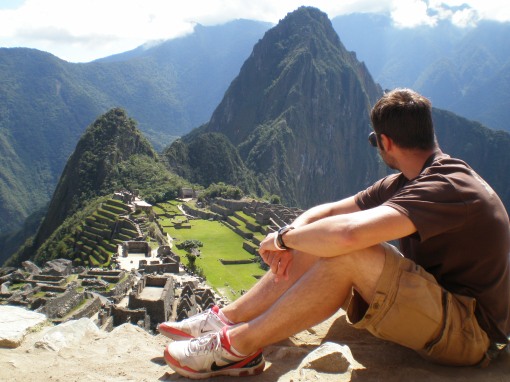 I’m reading two books right now, both interesting in very different ways. One is The Irresistible Revolution by Shane Claiborne, and, among other things, it challenges Americans to realize just how affluent we are (which requires acknowledging that most of the world is not so fortunate). There’s a lot more to this book. But as far as brief summaries go, I feel like mine is fair.
I’m reading two books right now, both interesting in very different ways. One is The Irresistible Revolution by Shane Claiborne, and, among other things, it challenges Americans to realize just how affluent we are (which requires acknowledging that most of the world is not so fortunate). There’s a lot more to this book. But as far as brief summaries go, I feel like mine is fair.
The other book I’m currently reading is written by Eric Weiner, and it’s called The Geography of Bliss. In this book, Weiner, an NPR correspondent, travels to what he considers to be some of the happiest places in the world in an effort to determine whether people there truly are happy and why. As far as brief summaries go, this is pretty much dead on.
Claiborne’s book is grounded in his Christian faith, fueled by his conviction that we are called to do more. Ultimately, Claiborne advocates sacrificing personal pleasures for the sake of others (and for the sake of Christ).
Weiner’s book is grounded in his self-professed “grumpiness,” fueled by his belief that some people are better at the whole “pursuit of happiness” thing than others. Ultimately, Weiner seems to advocate a self-centered “what can I do to find happiness?” mentality.
These two authors have different backgrounds, different beliefs, and very different objectives. But at various points, they both draw conclusions that are almost eerily similar:
Both men conclude that wealth leads to increased isolation (Weiner refers to the progression from college dorms to apartments to a house…eventually, for the really wealthy, to an estate, and each step makes us increasingly insulated from others). And both conclude that those with less, those who can’t afford to isolate themselves from others, are happier because of it.
I can definitely relate to what these authors are saying…well, except for the wealth part.
In the last four years since I graduated college, I’ve found community is harder and harder to find. Especially now, since I work alone and I’m not really part of a church right now (since we’re helping with a church plant that won’t plant for another few months at the earliest). As for friends (yes, I do have some) and family, I don’t encounter them on a regular basis. I see them occasionally, when weekend plans are successfully arranged. Unless you count Facebook and Twitter and text messaging (I don’t), my wife is the only person who’s really part of my daily community right now.
And no offense to my beautiful wife whom I love very much, but that’s not good enough.
I realize this might sound like a pity party, but it’s not. It’s just that I’m starting to realize that I need to do my part to actively create community. Whether it’s getting to know the neighbors, getting more involved in local events, joining some sort of weekly thing-a-ma-jig, or perhaps even organizing something myself, I’ve realized that I need to make more of an effort to be part of a community.
And as Weiner and Claiborne suggest, I think my life will be happier because of it.
The community is out there. I just need to figure out the best way to stick my ugly mug right in the middle of it.
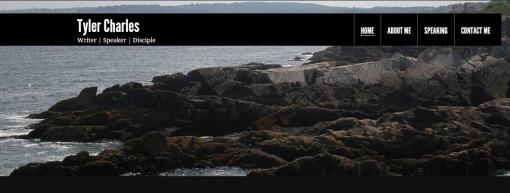
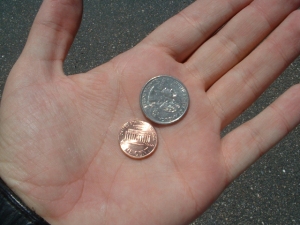 Over the weekend I attended a conference at a local Vineyard church featuring Phil Strout, the National Director of Vineyard USA. On Friday night Phil talked about expectation—and how we should expect God to do big things. Every day.
Over the weekend I attended a conference at a local Vineyard church featuring Phil Strout, the National Director of Vineyard USA. On Friday night Phil talked about expectation—and how we should expect God to do big things. Every day.